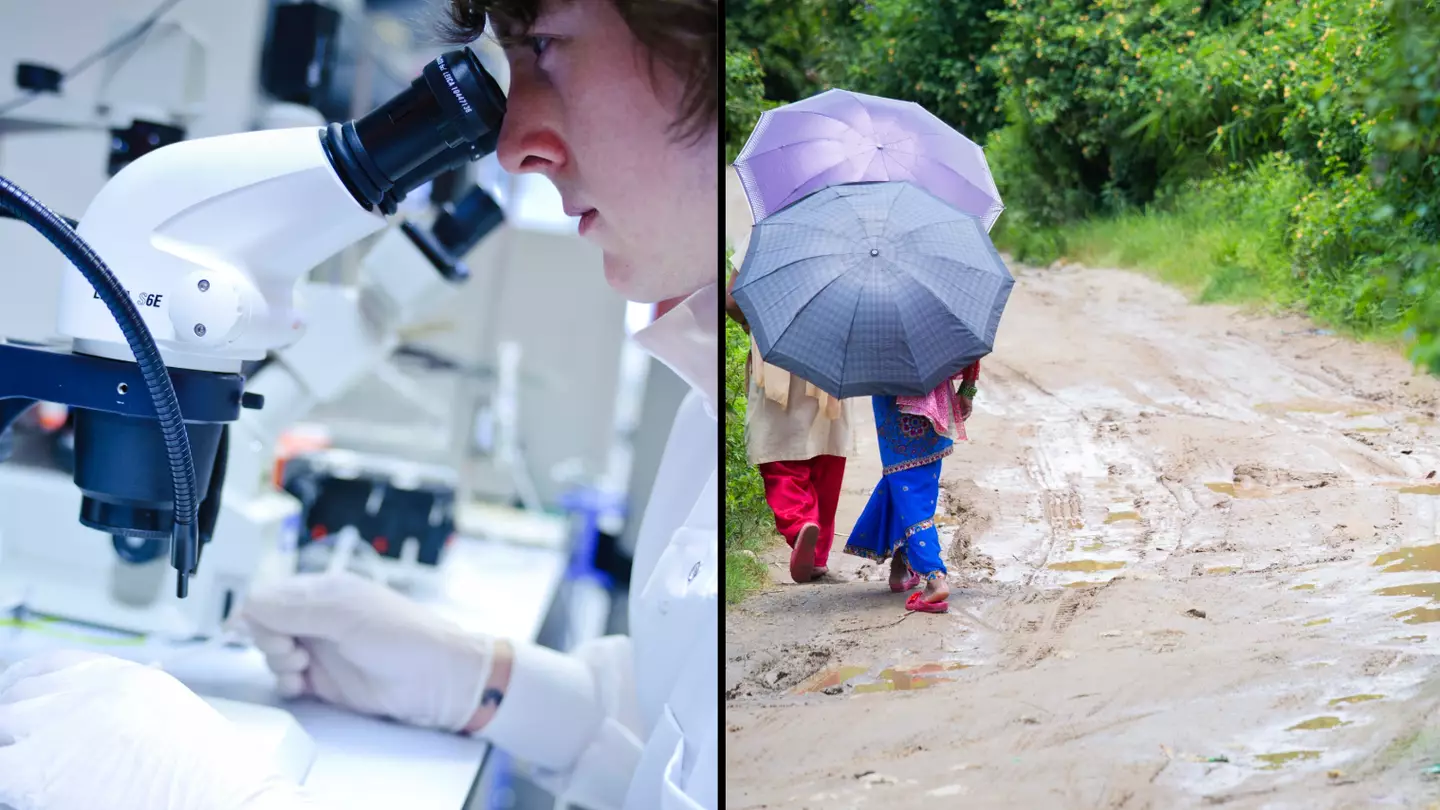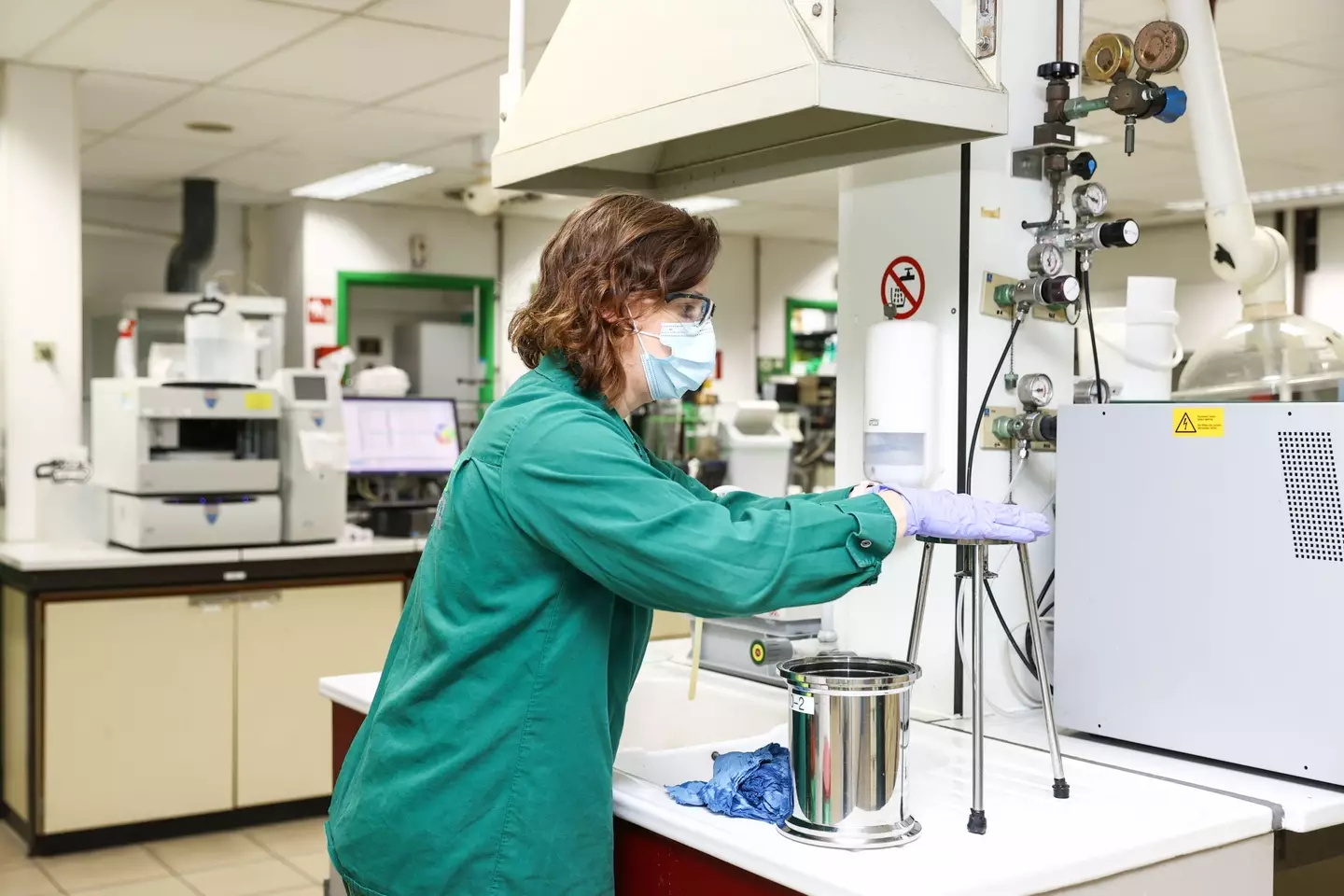
A new study has found that rainwater possesses cancer-causing ‘forever chemicals’.
Researchers from Stockholm University and ETH Zurich published a study in the Environmental Science & Technology journal that found traces of per- and poly-fluoroalkyl substances (PFAS) or ‘forever chemicals’ in rainwater.
PFAS are man-made chemicals detected since the 1940s linked to hormone disruption, cancer, reproductive issues, and fetal developmental issues.

Advert
So to all of you who love a good rain dance, you might want to bring your own beverages next time you get thirsty.
Professor at the Department of Environmental Science Stockholm University and lead author of the study Ian Cousins said in statement: “Based on the latest U.S. guidelines for PFOA in drinking water, rainwater everywhere would be judged unsafe to drink.
“Although in the industrial world we don’t often drink rainwater, many people around the world expect it to be safe to drink and it supplies many of our drinking water sources.”
He also warned that PFAS are found in the snow, even in the ‘most remote parts of the world’.
PFAS became known as ‘forever chemicals’ for their tendency to hang around forever - makes sense.
According to the study, despite being phased out by major manufacturers, it’s still prominent in the atmosphere, which is why we must all be careful when it buckets down.
However, concern doesn’t just stop at rainwater.
According to an Ecology Centre study, 79 per cent of tested nonstick cooking pans were coated with Polytetrafluoroethylene (PTFE), with the report sampling from 10 popular retail brands as pointed out by Consumer Reports Magazine.

Additionally, 20 per cent of nonstick baking pans were found to have remnants of PTFE.
Ecology Centre environmental health advocate Melissa Cooper Sargent said via a press release: “Companies often tell us certain chemicals are not in a product.
“But when they don’t tell us what is in the product, we cannot easily make an informed choice.”
Dr Gillian Miller at the Ecology Centre also warned: “Non-stick pans coated with PTFE are convenient, but unnecessary, and contribute to the serious problem of PFAS pollution.
“When you need a new pan, consider a more durable and less harmful replacement.”
So the next time you’re out shopping, make sure you opt for an iron or stainless steel pan people!
Topics: Science, News, Environment